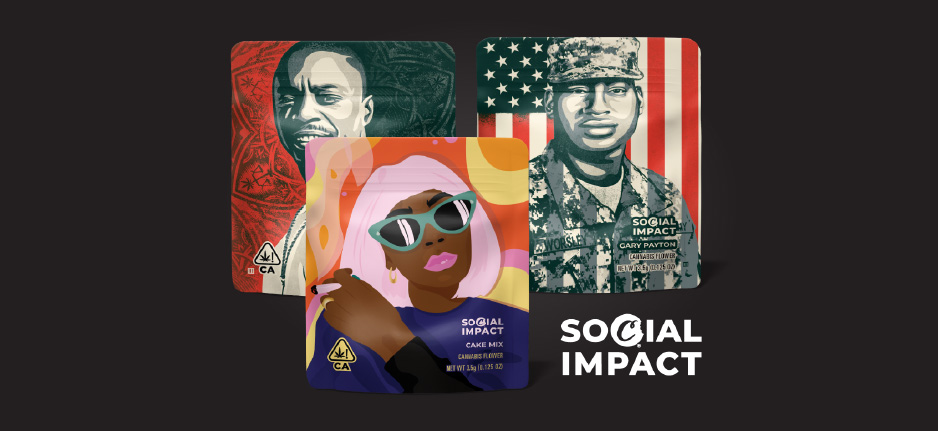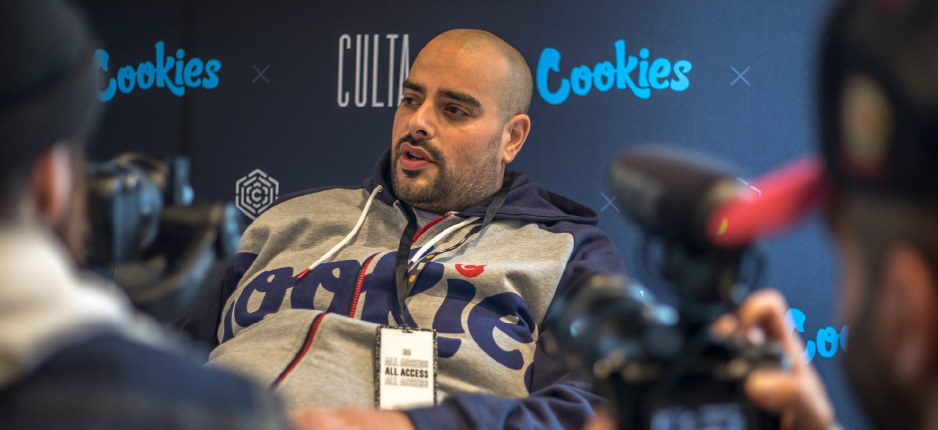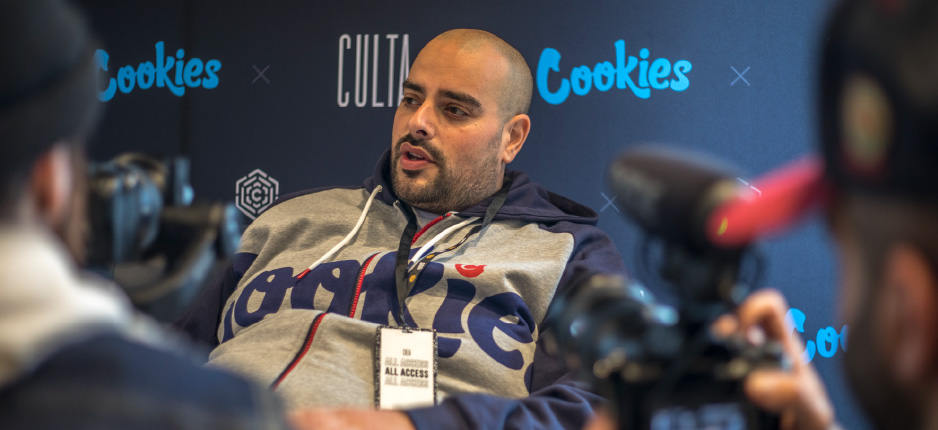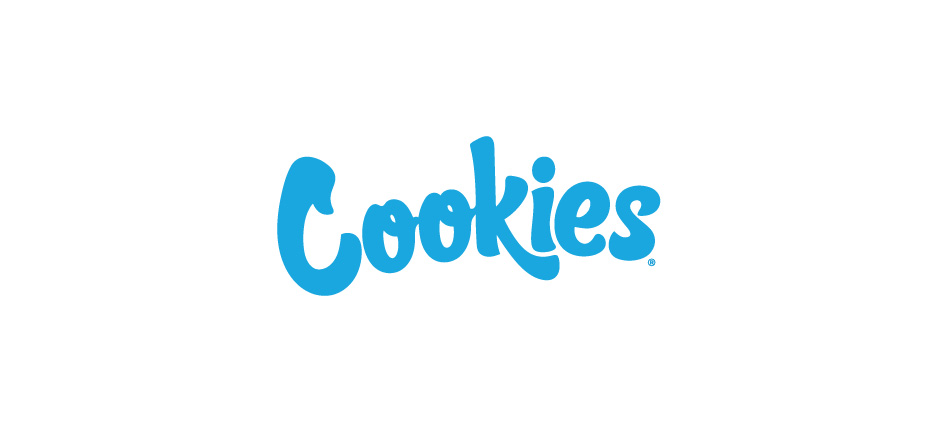Interview with Amanda Friedman, Social Impact Manager at Cookies
In anticipation of our 16th Cookies drop, we sat down with Amanda Friedmen, the Social Impact Manager at Cookies, to learn more about their social and equity initiatives. Read on to learn more about Cookies' workforce programs, nonprofit partners, and the latest on the Cookies Campus in Humboldt, California.
Hi Amanda, thanks for taking the time to talk to me about the Cookies Social Impact Initiatives.
Of course! I’ve been really excited for this conversation. We are incredibly lucky to have CULTA as a partner, as you all have been doing some really impactful work in MD.
Can you tell me a little bit about your role on the team and what the Social Impact Team is responsible for?
I was brought on in 2019 to build a program out from the existing foundation of work that was already being done but needed to be able to be organized and scaled.
My day-to-day is working with my teammates Richard Ng, our program coordinator, and Brandon Bolton, our social equity specialist. We meet with community leaders and advocates, social equity participants, Cookies’ production partners, and identify ways Cookies can contribute to equity and community reinvestment.
Advocacy and community partnerships are really the key to our program, and we really make an effort to connect with established leaders in the communities we work in to find out directly from them what they need support with. We believe that no policy should be created without first talking to the people it's intended to serve.
What are you finding they need the most help with right now?
Funding, of course. I find that most of these groups have been operating off of blood, sweat, and tears, so funding is a huge need. But also I feel like because cannabis as a recreational market is new as a career path, the education and training around cannabis. It didn't used to be something you could go to school for, so connecting individuals with careers in cannabis is something that can change their lives and give them an opportunity to create generational wealth. The training and education is a huge piece of it.
What is Berner's vision for the program?
I’m so happy that I get to work for Berner. He’s always paved his own lane, and stays true to who he is. He's very hands on with anything Cookies and is one of the most passionate leaders I've had the privilege of working with.
I think sometimes work that is done for social good can get twisted by corporate incentives to appear a certain way, like some kind of moral grandstanding. But often times that can be a façade to detract from some behind the scenes action that is counter to helping communities.
Berner’s vision for the program is that we are just walking the walk, and honestly not really talking about it. Are we helping people? Are we connecting people with jobs? Sharing our team’s knowledge? Supporting the communities that Cookies’ is in? That is what Berner wants to see. He doesn’t want to spend time talking about it, he just wants us to be about it.
One thing he really wants us to prioritize this year is Cookies Campus, which is an "in-person" training and education program Humboldt County. At this site, we're working on R&D facilities where we'll be breeding and testing new genetics. From there, the strains will go to our nursery which is where we ramp up genetics for our partners. Here we also have outdoor cultivation, a greenhouse, a manufacturing facility, a distribution and retail centers and a consumption lounge that we're working on now. Once it's finished we'll have everything from genetics to consumption located on one site that's next to the river nestled in the redwoods. Berner wants to open this spot as a place for people to learn, too.
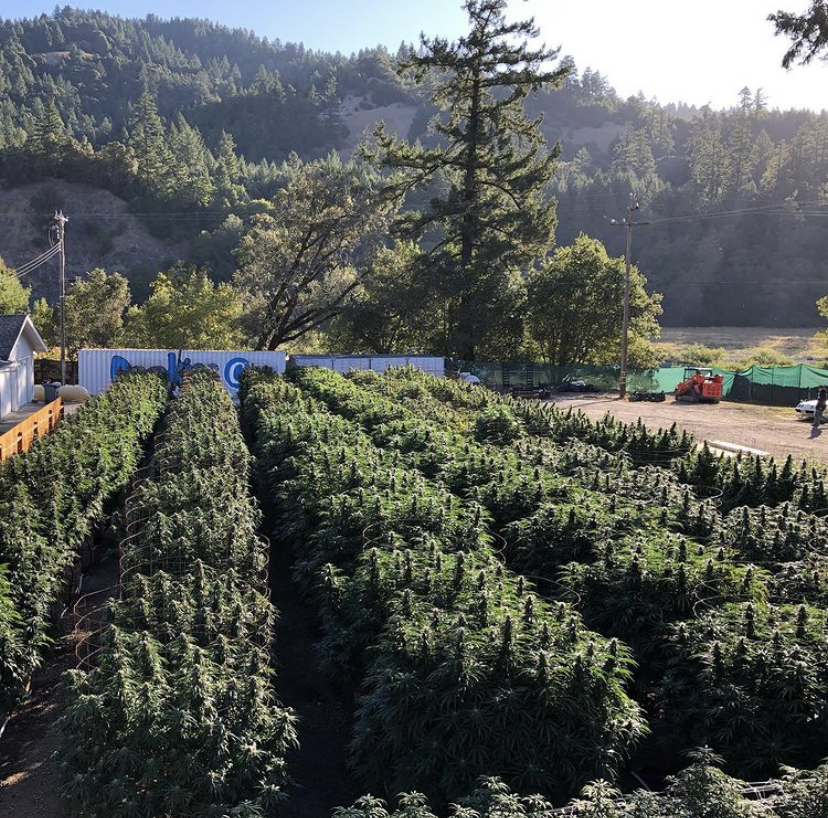
What is his level of involvement with the initiatives?
He is really hands on with so much of what goes on with Cookies. With the program he gives a lot of direction of which initiatives he wants to see us prioritize, he’ll be straight up with me if we propose ideas that he doesn’t see as impactful enough or that may come across as what some generic MSO thinks they need to do. Berner has a strong compass and that’s really why he’s paving the way.
I know that Social Equity is a big priority at Cookies. Can you tell me a little bit about how the Social Impact vision initially came to life?
When I came in in 2019, there was already work being done just because that’s how the team operates. There were already social equity partnerships. I think a lot of times these programs are formed once a company is fully developed or maybe after they take a PR hit and are trying to come back from that. I came into the best situation ever - Berner and the team were already doing a bunch of cool shit since the start, so it was already woven into Cookies’ foundation. There was just a need to have dedicated roles solely focusing on equity and impact.
That's exciting. How has the program evolved over the years?
Well, it “formally” started with my role, but again so much of the work was already being done. I was introduced to Richard Ng, who at the time was a technical assistance provider with Oakland’s social equity program. Oakland was really ground zero for these social equity policies and programming in cannabis, so Richard is just this wealth of knowledge because he has been immersed in it since the start. I had been living in Humboldt county, CA for the last 13 years, so I had really been in a very small cannabis bubble. Richard is responsible for so many of our community partnerships, he introduced me to everyone in the bay area and we’ve just been working outward from there to build partnerships with community leaders and advocates both nationally and internationally.
I was also introduced to Brandon Bolton, who went through the city of Sacramento’s social equity program, and after seeing all the ways he needed support through that process and really identifying those gaps in service first hand, he built out a nonprofit called United Core Alliance. Brandon joined our social impact team and again just radically increased our network of community partners and brings a ton of expertise about the inner workings of social equity policy (both in how it is developed and implemented) and brings such a laser focus to what the needs are and how we can really support.
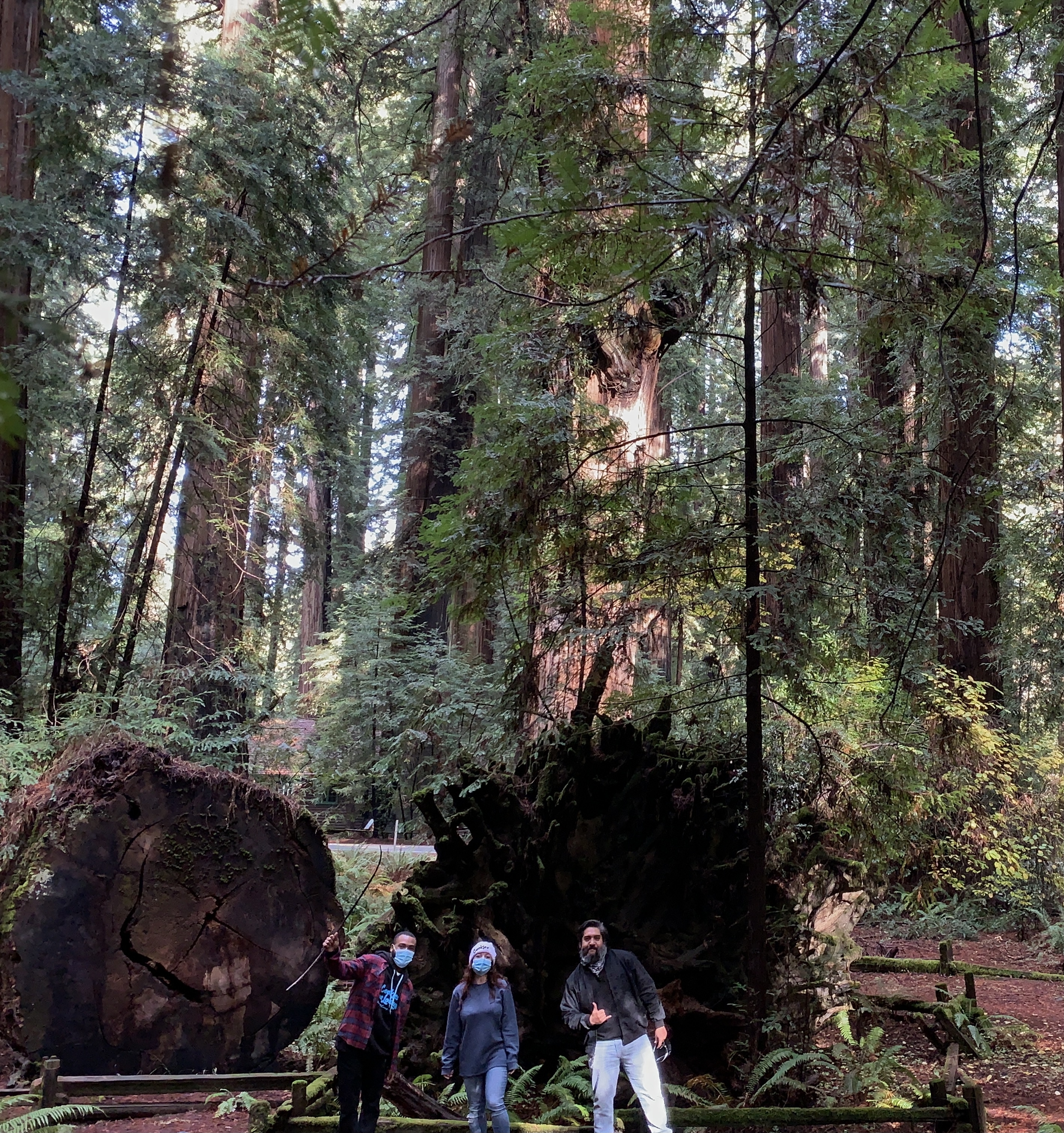
In what ways does Cookies work with the community to promote advocacy?
Well, I keep bringing up “community partners” and that is truly key to everything that we are doing with this program. This work is not new, there have been groups and individuals leading these efforts and doing the work for years. We really see our role as connecting with these leaders, asking them what the needs specific to the communities that they are working in, and either providing resources to existing programming, or building out needed programming in partnership with them.
In addition to your advocacy work, you also have a Workforce Development Program. Can you share with me the purpose of the program?
The program has online curriculum, and then we connect with any of our production partners who are hiring to share resumes of participants who complete the online coursework. We will review resumes and provide feedback, as well as conduct mock interviews to get them prepared for the application process.
That's a cool program! What does the curriculum look like for someone who is taking part in the Workforce Development Program?
The Workforce Development Program is a key initiative for our Social Equity Program, and in 2020 we piloted an online program in California. The pilot program was open to people who qualified for Social Equity and accepted participants have access to a learning platform that covers the entire supply chain. This way we can provide content for many people, regardless of what their career goals are. Because this industry is so new for many people, lots of people don't know how many opportunities there really are in the industry until they're exposed to it.
Our Workforce Development Program is online right now but Cookies' Campus in person cannabis education starts this fall in Humboldt.
Can you tell me about how Cookies helps promote BIPOC equity in your retail stores?
One of our social equity partners, Shawn Richard at Berner’s on Haight, is running a model example. That store is full of brands from the surrounding community, including equity and BIPOC owned.
We work with our partners to prep them on the needs that may be unique to some up and coming brands- what are the barriers? We need favorable terms to support cash flow and keep the business running, and we often have small batches and won’t always have a steady supply, so we ask ourselves in what ways can we provide marketing support (budtender education, promo materials, etc.] so they can keep running even when cash flow is tight.
Right now we’re working with the equity brand owners to get their menus together and ensure those menus get to the buyers at least once a week. This industry moves fast and they really need to get menus in front of buyers once or twice a week to ensure they are seen. That can be tough as many of these owners are also leading advocacy groups and/or assisting other equity operators, while trying to build their business. We try to support wherever we can.
Can you tell me more about how the Product Activations in partnership with non-profits like ACCE and the Dr. Susan B. Love Organization come together?
We’re really just exploring every avenue we have for impact. Product activations are one avenue to both drive dollars and also awareness to organizations that are creating meaningful change and helping people.
We're currently rolling out a cannabis justice campaign with Amplifier, a non-profit that uses art to support a movement or cause. We're working with them to see what impact we can create there with The Hood Incubator. The Hood Incubator focuses on cannabis justice, and our campaign specifically featured a few individuals who, at the time of the campaign, were incarcerated for cannabis. Corvain Cooper was serving a life sentence for a non-violent cannabis offense and Sean Worsley was sentenced to five years for possession of 10 grams of medicinal cannabis.
At the start of the campaign we created art around both individuals and were promoting that on murals and social media posts, and since then they've both been released from prison. So right now we're trying to see how we can raise awareness and support around their reentry. Right now we took our three most popular strains and are doing a limited edition run that features Corvain and Sean's images. The bags have QR codes on the back that people can scan to learn more about getting involved and supporting Corvain, Sean, and The Hood Incubator. With the next few months you'll be seeing those.
How can our readers find out more about all the great Social Impact work that Cookies is doing?
You can learn more by visiting our Cookies Social Impact website: https://www.impact.cookies.co/
Awesome! CULTA is excited for our 16th Cookies drop on April 16th! Is there anything you want to say in terms of giving a shout out to the Maryland patients?
I know it can sound corny but Cookies really does feel like family, and we are just grateful to be able to make that family bigger and have the opportunity to support patients in MD. I just want to say thank you, the love for Cookies and the incredible people I get to meet is just unreal. And just know that our team is working around the clock to really make sure you all are getting the fire genetics and the best product out there to get your lungs right.

